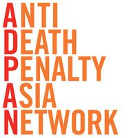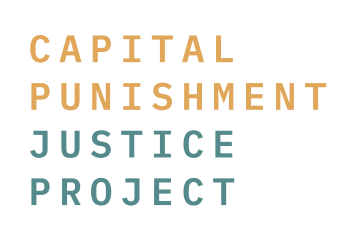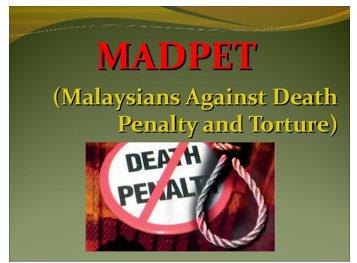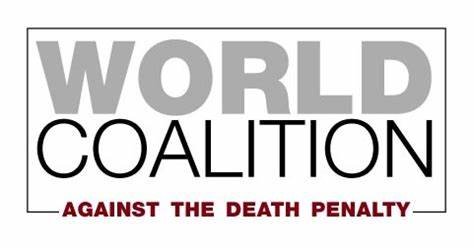Singapore: Execution warrants issued despite pending legal proceedings
We are greatly concerned by the news that the Government of Singapore has issued at least four execution notices since 12 April 2024, all cases in relation to drug offending. Transformative Justice Collective, a member of the Anti-Death Penalty Asia Network, reports that in two of these four cases, the execution was stayed at the last minute. This leaves two people on death row at imminent risk of execution. The mental anguish persons on death row and their families experience in circumstances where execution warrants are issued is unimaginable.
Of particular concern is that it appears that all of these individuals have had execution warrants issued whilst being party to a pending Court application. The lack of transparency in relation to the use of the death penalty in Singapore, also means that it is unclear what procedural steps took place which led to the execution warrants being issued, and continuing to be issued, whilst a Court proceeding is on foot.
Safeguard no.8 of the UN Safeguards guaranteeing protection of the rights of those facing the death penalty, adopted by two UN bodies in 1984 without a vote, states that "[c]apital punishment shall not be carried out pending any appeal or other recourse procedure or other proceeding relating to pardon or commutation of the sentence".[1] In the narrow circumstances in which the death penalty may be imposed under international law - which do not include drug trafficking - the criminal justice system should allow a robust testing of the individuals’ right of review up and until, the gallows.
If the reports that Attorney-General’s Chambers (AGC) have sought to expedite the hearings of the Court application on foot are correct, the decision-making process behind AGC’s position ought to be transparent, given the seriousness of the nature of these proceedings. Expediting cases through the judicial process undermines the ability to properly prepare and run a case, especially when the penalty is death. We therefore appeal to the AGC to ensure that the fair trial rights of all persons on death row are upheld.
In December 2022, 125 countries voted for a resolution on a moratorium on the use of the death penalty at the United Nations General Assembly. We reiterate that the notion of national sovereignty cannot be used to undermine or negate the State’s obligation to protect the right to life. Death sentences that violate international fair trial standards are a violation of the right to life. Despite international law clearly restricting the death penalty to the ‘most serious crimes’ understood as intentional killing[2], Singapore remains one of only a handful of countries that continue to execute individuals for drug offences. We join the call of the Transformative Justice Collective that the State of Singapore must halt these executions and declare a moratorium on its use of capital punishment as first steps.
[1] Adopted without a vote by the UN Economic and Social Council in its resolution 1984/50 of 25 May 1984; and endorsed by the UN General Assembly, without a vote, in resolution 39/118 of 14 December 1984.
[2] General Comment No. 36 (2018) on Article 6 of the International Covenant on Civil and Political Rights, on the right to life, paragraph 39, p13.
Signed:
Amnesty International
Anti-Death Penalty Asia Network
Capital Punishment Justice Project
Coalition Against the Death Penalty
Eleos Justice, Monash University
ECPM (Together against the death penalty)
Harm Reduction International
Lembaga Bantuan Hukum Masyarakat (Community Legal Aid Institute)
MADPET (Malaysians Against Death Penalty and Torture)
Odhikar
Reprieve
Taiwan Alliance to End the Death Penalty
Think Centre
Transformative Justice Collective
Redemption Pakistan
The Advocates for Human Rights
World Coalition Against the Death Penalty

















